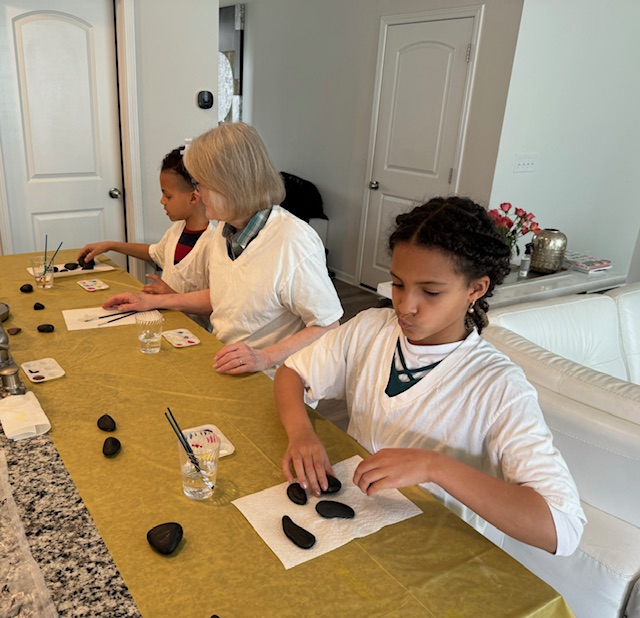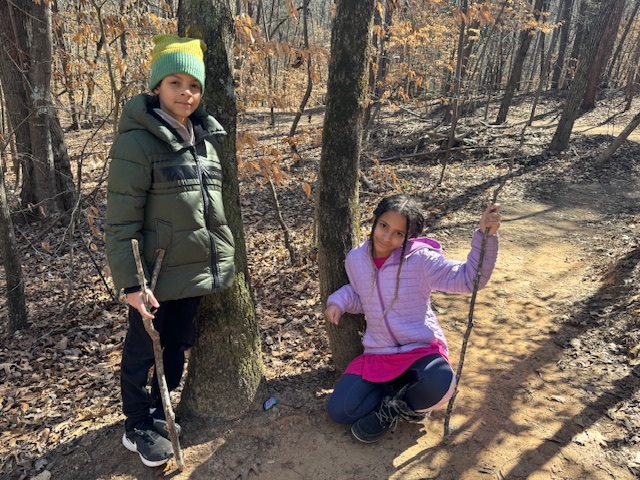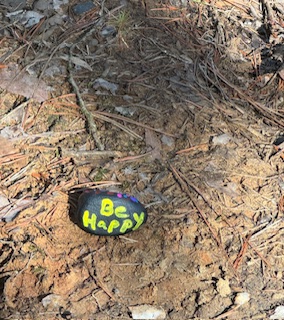On my drive out to Nerstrand state park, I was thinking about our Minnesota State Parks. They are definitely a valuable resource and I’m thankful they have been established so that I/everyone can get outside in nature, and explore.

I haven’t been to all 65 of the state parks, but we have visited many of them over the years. We did a lot of camping in earlier days.

There are seven state parks along the north shore of Lake Superior that are scenic and connect to the “big lake” somehow. The others, scattered throughout the state, are inviting too. Nerstrand Big Woods State Park is about a 20-minute drive from our house. Maybe because I frequent it so often all year long, it has become one of my favorite state parks. A place to hike, to picnic, to camp…a place of beauty and rejuvenation… and so close to home.

As I starting walking down a familiar trail and saw the lime, spring-green leaves overhead (unique to this season), breathed in the fresh air, and heard birds singing, I sighed; this is exactly what I needed. I was happy to be here.

I was a little late to see some of the more familiar spring ephermals in bloom…the dwarf trout lily (found only in a few places in the world) being one of them…but there were other spring flowers blooming and it was fun to walk along and identify them.

Many of the parks, especially along the north shore, have water falls, as does Nerstrand. Hidden Falls is smaller, but still lovely. The recent rains made for a full spilling over. I sat and watched the mesmerizing water flow.


I always feel safe walking the trails by myself in this park.


It was a great way to start my day.





















































































